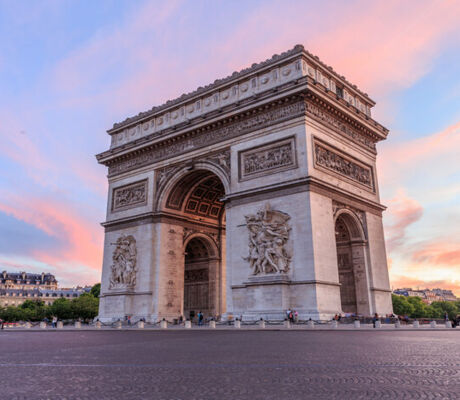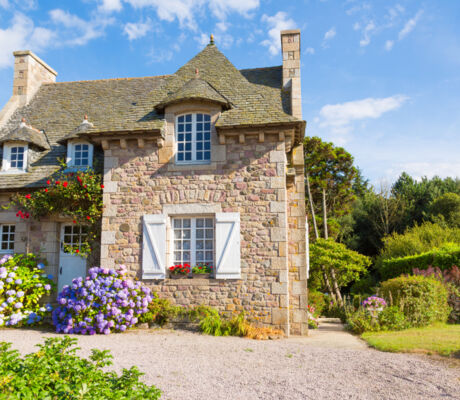France has long been the top market for property purchases and rentals. Certain regions offer a unique double rental market for summer holidays and long winter lets, meaning France offers opportunities and rental yields which exceed many other parts of the world. Renovation properties remain a popular property investment.
Finding a renovation property
Over the past fifteen years, French families have tended to move into newer, more efficient homes. At the same time, the country’s ageing population is remaining in older properties, but finding them harder to maintain. The result is a large stock of solidly built but older-style properties in disrepair which are ripe for renovation.
Many renovation properties in popular regions have already been snapped up, and today it’s challenging to find renovation properties at the ‘bargain’ prices of days gone by. You can still find such properties, but you’ll need to tap into local knowledge to learn about them.
Working with the right team
When renovating or developing a property in France, you’ll want a team that offers local knowledge and international expertise, especially as it is challenging to bring international construction teams to work in France.
Your main local partners are usually a French architect and local specialists who can ensure your project complies with France’s statutory regulations.
Your international partner may well represent you and liaise with the local team on your behalf and will support you to ensure language and cultural differences do not affect the project. They may support you with interior design and quantity surveyance. The international team are central to ensuring that the project runs smoothly and remains on time and within budget.
Do your due diligence
Once the offer on a property has been accepted, the notary carries out checks to ensure the sale can proceed. During this period, buyers usually carry out due diligence to understand planning feasibility, costs, risks, development and planning opportunities and how to maximise property value.
Planning permission in France
There are two kinds of planning permission in France. A ‘permis de construire’ (construction permit) is required to enlarge a living space of more than 20m2. A ‘declaration préalable’ is a simplified version of this and applies to smaller extension jobs, swimming pools or changing a building’s render colour.
Applications for construction permits are submitted to the local Mairie (town hall) and the prefecture (borough). Receiving a building permit can take between three and six months. Owning land doesn’t necessarily mean that you have the right to develop it, so it’s important to ask a specialist to advise if you have plans to extend, renovate or develop your property. It's also worth noting that you can’t submit and then re-submit amended planning applications based on the authorities authorisation or declination of proposed work, so working with experts who are familiar with rules and regulations is important.
Don’t discount tradition
Regardless of where you are buying, period property in France will usually be built using traditional techniques and local materials, such as stone, timber or pisé. When considering a renovation, embrace these traditional materials, restoring the property using similar skills. Local craftspeople will be invaluable.
It’s important to remember that these traditional construction methods have stood the test of time and while modern alternatives are available, they may impact negatively on the character and authenticity of the property. A combination of original features and modern materials can create a truly remarkable property when designed with care and attention to detail.
Look for local craftsmen
France has some fantastic local craftsmen and construction companies. Working with local firms is especially advantageous as the regulations around work and insurance are very strict in France, and international firms have been known to struggle with these. Builders must be officially registered in France with a SIRET number and have the necessary insurance in place to guarantee their work. Insurances must cover any potential damages incurred during the building work as well as guaranteeing the word for 10 years after its completion.
You will also need to appoint a building control surveyor who will ensure that the design and works are carried out in accord with local and national standards. Then at the end of the project, you will usually have a visit from the planning office to ensure that the work has been carried out in accordance with the plans.
Thanks to Nicolas Roux, founder of Rive Gauche London, for the guest article.
For more information, download the ''How to Buy and Finance Luxury Property in France'' guide.




